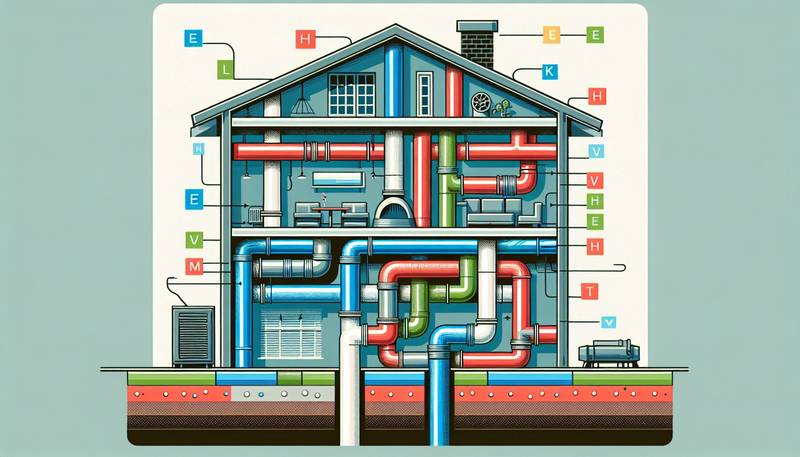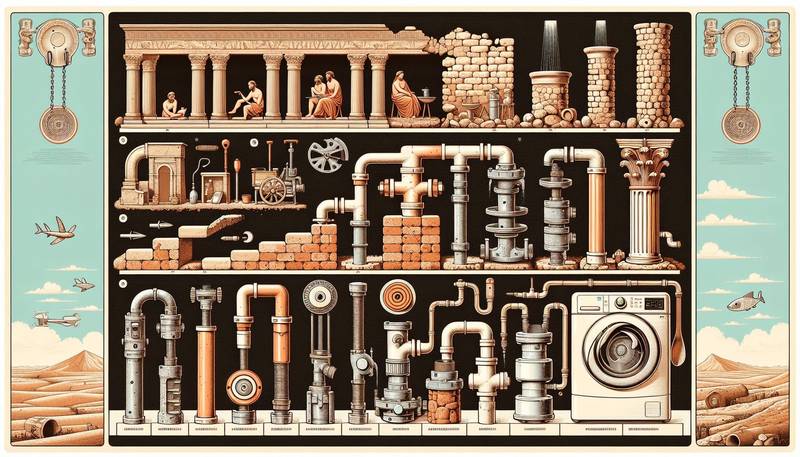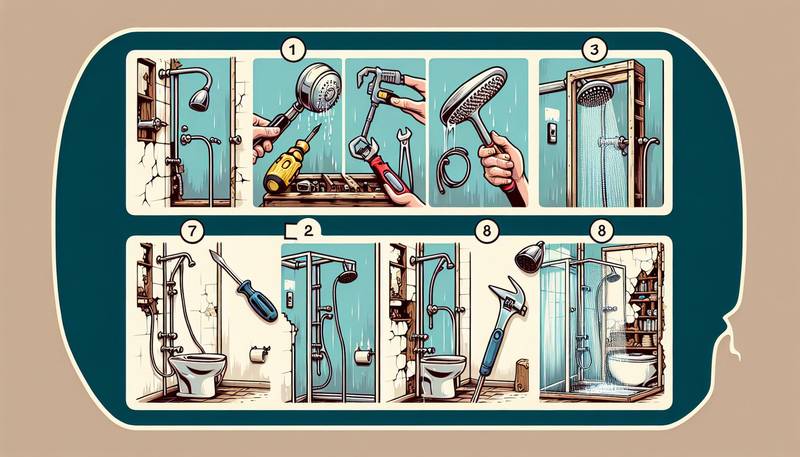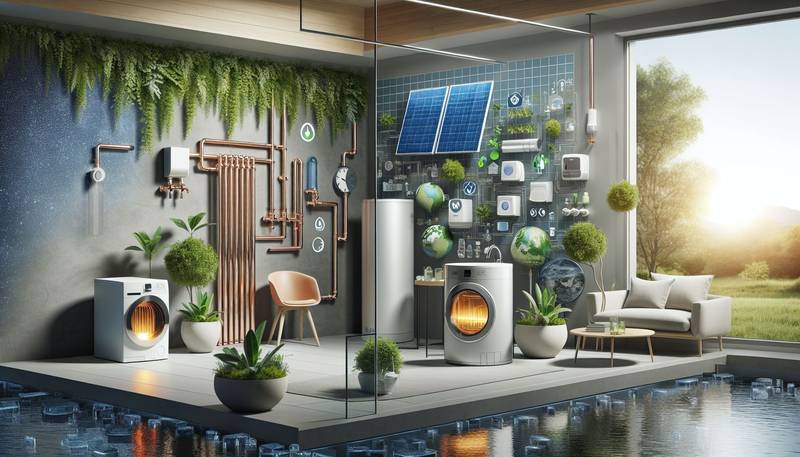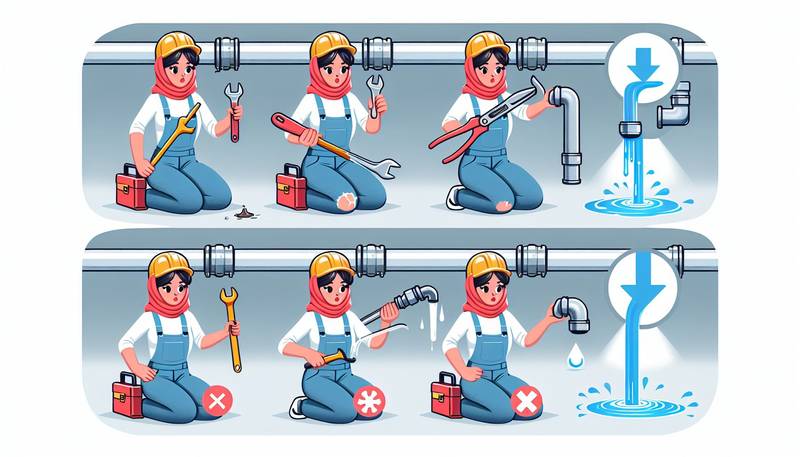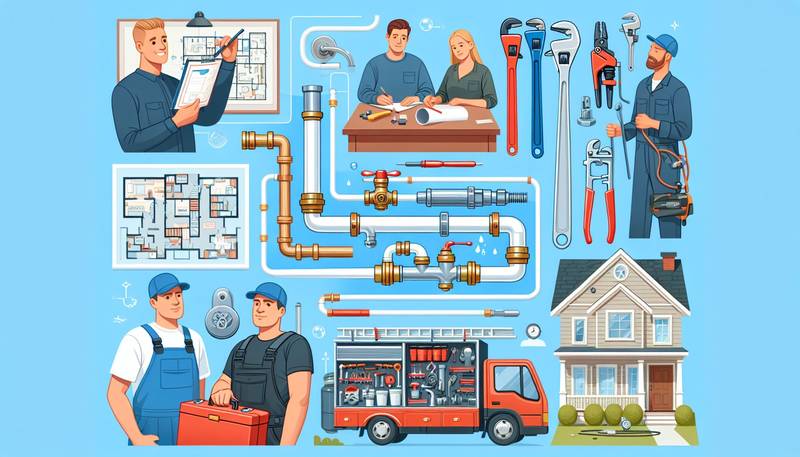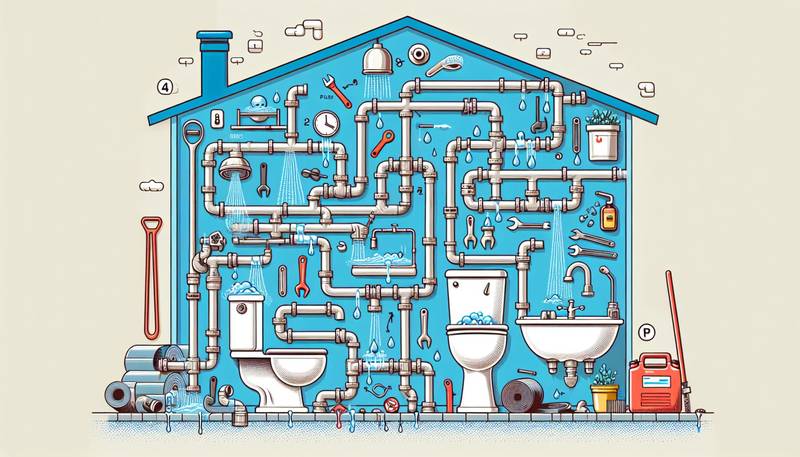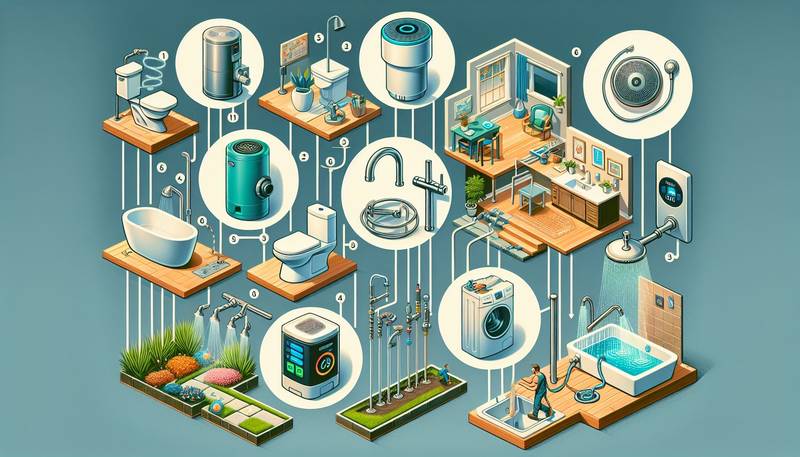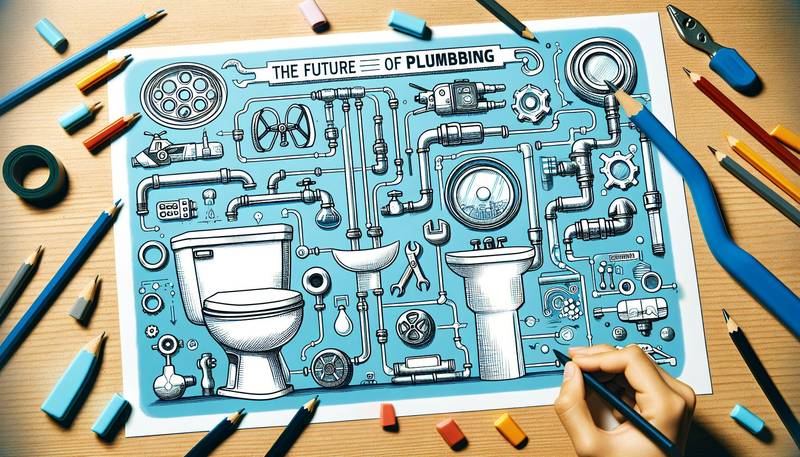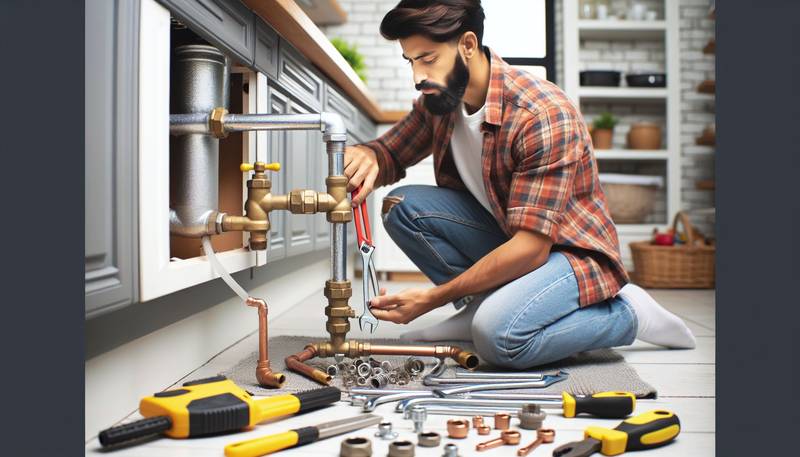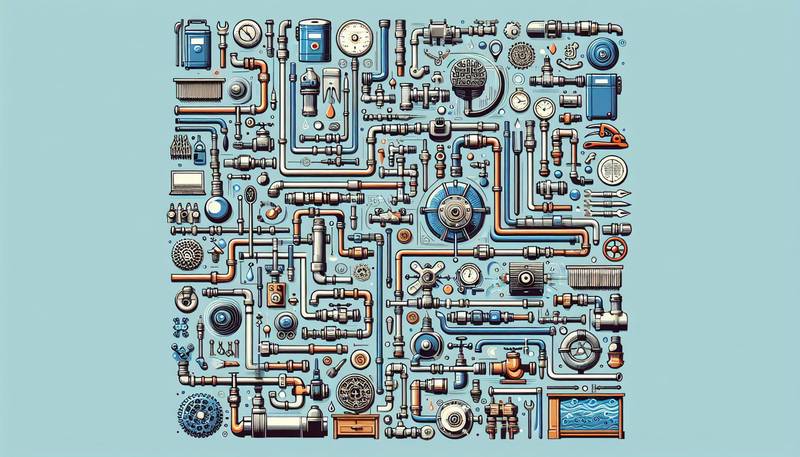Beyond Pipes: The Role of Ventilation in Plumbing
In this article, we will explore the often overlooked role of ventilation in plumbing and why it is essential for a properly functioning system.
The Importance of Ventilation
Ventilation plays a crucial role in plumbing systems by providing a way for air to enter and exit the system, helping to maintain proper pressure and flow. Without adequate ventilation, water and waste in the pipes can become trapped, resulting in foul odors, slow drainage, and even damage to the pipes themselves. Ventilation also helps to prevent the buildup of harmful gases such as methane, which can pose a serious health risk if allowed to accumulate in a building.
How Ventilation Works
Ventilation in a plumbing system typically involves the use of vent pipes, which are connected to the plumbing fixtures and run to the outside of the building. These vent pipes allow fresh air to enter the system, preventing the formation of a vacuum that can impede water flow. As water and waste travel through the pipes, air is pushed ahead of them and exits through the vent pipes, ensuring that the system remains balanced and free-flowing.
Types of Ventilation Systems
There are two primary types of ventilation systems used in plumbing: open vent systems and closed vent systems. Open vent systems rely on the natural movement of air to provide ventilation, while closed vent systems use mechanical fans to help facilitate air flow. Both systems have their advantages and disadvantages, and the choice between them will depend on factors such as the size and layout of the building, as well as local building codes and regulations.
Common Ventilation Issues
Despite its importance, ventilation is often overlooked in plumbing systems, leading to a variety of common issues that can hinder the system's performance. One of the most common problems is blocked vent pipes, which can occur due to debris buildup, pest infestations, or physical damage to the pipes themselves. Blocked vent pipes can result in slow drainage, gurgling noises, and foul odors, all of which are signs that the system is not functioning as it should.
The Role of Maintenance
Proper maintenance is essential for ensuring the effectiveness of a plumbing ventilation system. Regular inspections of vent pipes and fittings can help to identify and address issues before they become serious problems. In addition, keeping vent pipes clear of debris and obstructions can help to prevent blockages and ensure that the system continues to operate smoothly. By investing in routine maintenance, building owners can avoid costly repairs and ensure that their plumbing system remains in optimal condition.
Conclusion
While pipes may be the most visible part of a plumbing system, ventilation plays a critical role in ensuring that the system functions as intended. By providing a way for air to enter and exit the system, ventilation helps to prevent issues such as foul odors, slow drainage, and damage to the pipes. Building owners and contractors should give proper attention to ventilation when designing, installing, and maintaining plumbing systems to ensure that they operate efficiently and reliably.
